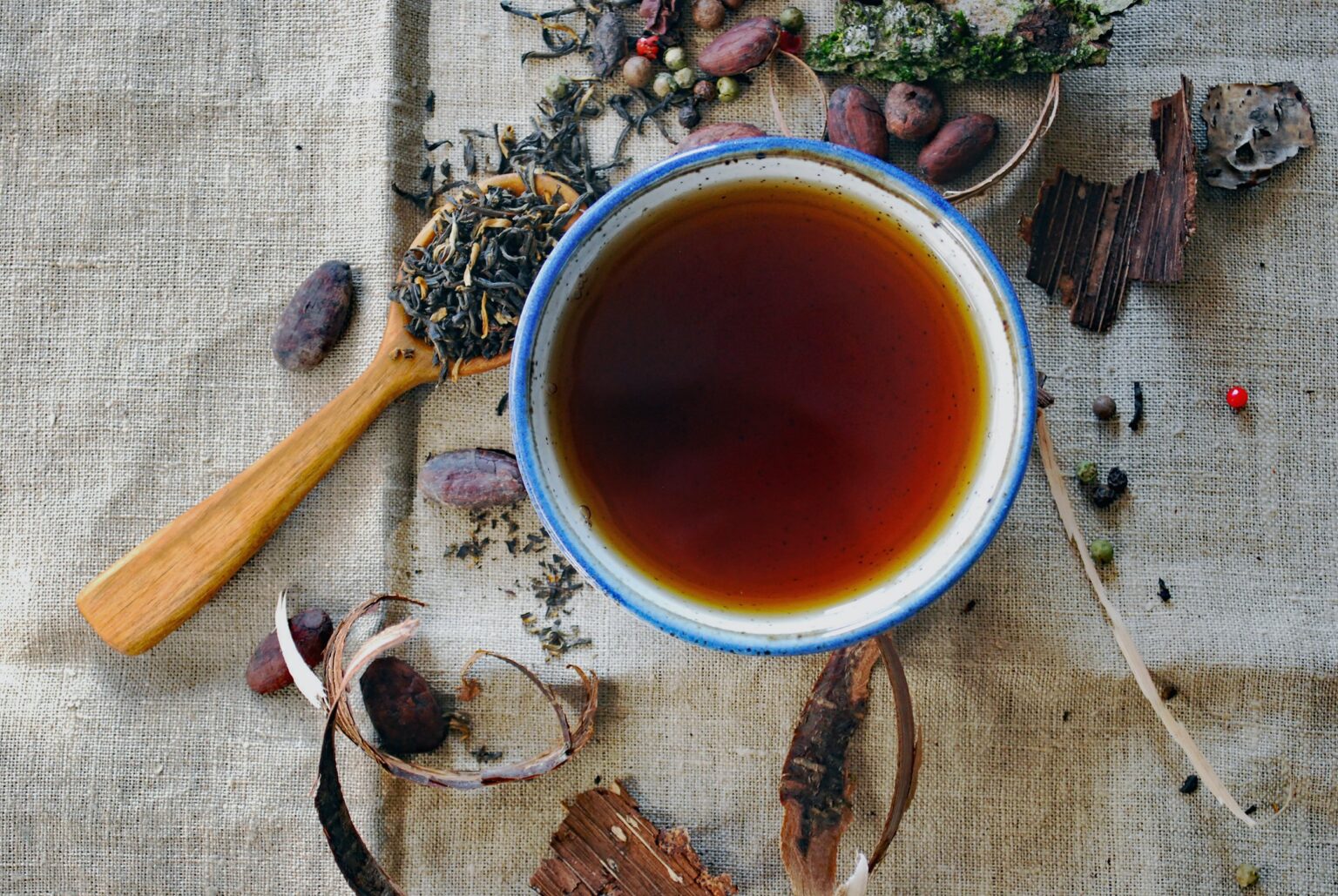Introduction
I have treated numerous clients with IBS who were constantly trying to manage their symptoms. This means they were always researching different diets, treatments, and lifestyle changes to help control flares and make them less severe. However, one thing that really helped them understand why they get these terrible flares is learning about the factors that cause them in the first place.
Below are some of the main things that can trigger an attack.
It’s not your fault.
It’s not your fault, and it’s not because you’re doing something wrong per se. IBS is a medical condition that affects 1 in 5 people worldwide, and nearly 10% of Americans. And while it can be difficult to deal with, there are ways to manage it and make things easier on yourself.
If you have been diagnosed with IBS and are looking for more information on how to manage your flare-ups and gain a better understanding, then definitely check out my e-book called The IBS Reset.
Intense restrictive diets can only make with worst.
The worst thing you can do is to do an intense restrictive diet. The body needs a certain amount of food each day, and if you don’t eat enough, it will slow down your metabolism and start storing fat. This is why many people who go on diets lose weight initially but then gain it all back (or more!) once they begin eating normally again.
Restriction can also cause a craving for the foods that are being restricted–so if you stop eating bread or pasta or whatever else you’re avoiding, chances are good that those cravings will return with a vengeance!
Finally, restrictive diets don’t work long term because they aren’t sustainable: eventually, people give up on them and binge on all those foods they’ve been denying themselves–and then they feel guilty about how much weight they’ve gained since starting their new diet plan! Intense restrictive diets if done for long periods of time can also cause nutritional deficiencies which can lead to a pro-inflammatory state and worsen your symptoms.
Food and lifestyle triggers can lead to IBS flares
There are various food and lifestyle triggers that can lead to IBS flares. These include:
- Foods high in FODMAPs (fermentable oligo-di-monosaccharides and polyols), processed foods, refined sugars, and certain pro-inflammatory oils (like vegetable or canola oil).
- Stress, lack of sleep, or too little and even much exercise. For example, if you have a stressful job where you have to work long hours with very little sleep each night (less than 7 hours of good quality sleep), this could be a trigger for an IBS flare-up because the body is not getting enough time to recover from stressors during the day. Similarly, exercising too much can also cause problems with digestion as well as exacerbate symptoms associated with IBS such as abdominal pain or diarrhea/constipation depending on your specific digestive issues at any given time (for example low stomach acid levels).
- Certain medications, including antibiotics, antidepressants and painkillers. For example, if you take an antibiotic for a urinary tract infection or sinusitis and then start experiencing diarrhea as a side effect of that medication, this could be a trigger for an IBS flare-up. Similarly, if you take an antidepressant to help with anxiety but it causes your stomach problems to worsen instead of improve (which can happen), then this could also be one of the food triggers for IBS that is causing your symptoms to flare up more often than usual.
Stress can make symptoms worse.
The stress of having IBS can make symptoms worse. Stress can cause muscle tension and make your body feel tense, which then makes it harder for you to relax. Stress causes an increase in cortisol levels which then leads to gastrointestinal problems worsening. The stress of having IBS can also make your symptoms last longer than they would if you were not stressed out about them.
Not finding time to relax will contribute to IBS flare reoccurrences.
Symptoms can come and go throughout the day.
IBS symptoms can come and go throughout the day. You may notice that your symptoms are worse at certain times of day, or even in response to what you’ve eaten. For example, some people find their IBS flares when they eat too much food, eat to quickly (like during a lunch break), or drink too much caffeine.
If you think this might be happening to you, try keeping a food journal for at least two weeks to see if there are any patterns (foods, timing, stress level, sleep quality, etc). If you find a food pattern, then look at what foods were involved–and try cutting back on those items until your symptoms subside! If associated during increased moments of stress, think about what triggered the stress and if possible mitigate it from happening again or if unable to – think about how you may handle that moment in the future.
There are many reasons why a person can have a flare of symptoms, and it helps to understand that there are many factors involved in how severe our symptoms are –
Typically, flares are not due to just one thing, it is a combination of factors. You may feel like you’re alone or that no-one understands what you’re going through, but this isn’t true! IBS is a complex condition with many causes and triggers–the good news is that there are ways we can manage them so they don’t flare up as often!
Conclusion
It is important to remember that our bodies are complex. As always, check with your health professional before incorporating any of the information above as it is not medical advice and just information.
If you are looking for more comprehensive information on IBS in order to understand this complex condition, then a great resource available is my e-book called The IBS Reset.
However, if you are looking to get to the root cause of your IBS and are tired of the constantly failed cycles and repeat flares, consider my 3-month 1:1 private client coaching program. There is a quick application process as I am committed to only working with a few clients at a time.









